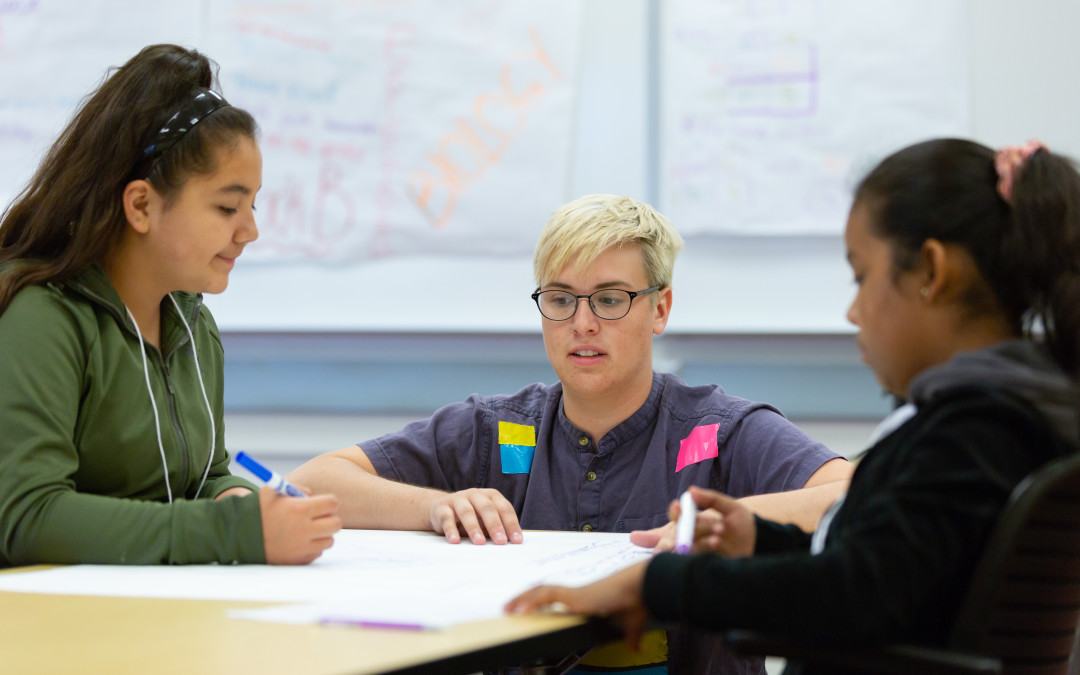Perhaps you weren’t shocked by the college applications scandal that recently broke in the United States? I must confess, I was deeply upset because it reveals a low tide mark in our society’s ethics today and underlines the absence of integrity in so many people’s lives. But I’m also saddened because “Operation Varsity Blues” has wider implications for our colleges and our communities. Fresh Dialogues host, Alison van Diggelen reports for the BBC World Service.
(Photo credit above: Daniel Gaines Photography via Breakthrough Silicon Valley)
The stories of college applications doctored with photo-shopped pictures of athletes; blatant bribery and cheating on SAT scores made my blood boil. So I was delighted to have the opportunity to share my views on the BBC World Service.
Listen to the BBC World Service Program, Business Matters here (Segment starts at 31:10)
Hear highlights on the Fresh Dialogues podcast
Or listen below:
.
These rich elites – venture capitalists, actors and prominent business people – confused their privilege for merit; and by cheating they crushed the hopes and dreams of the least fortunate and most deserving students in our communities.
The BBC’s Fergus Nicoll asked me about the reputation damage to schools and I shared an interview I did recently with former President of Stanford University, John Hennessy. At the time, he was outraged at colleges “debasing themselves” and forgetting their values in the pursuit of athletes over academics. Watch the video (@3:00): Hennessy is known for his tact, but here, his anger is palpable.
Previous commentators on the BBC program, including Stephanie Studer of the Economist in China, and Kay Hymowitz of the City Journal in New York, talked about the destruction of meritocracy. That’s definitely under threat, both here and around the world. But who’ll suffer most from this scandal?
The hard working students and families from less advantaged communities. Like the inspiring students at Breakthrough Silicon Valley, a nonprofit here in California, that works to mentor and nurture first generation immigrants to achieve their college dreams. For them, it’s a double whammy: First: The opportunity cost. For every rich kid who got into college through a side door, there’s a student who worked like a Trojan to get the scores necessary to win a place, and lost out. But it’s more than that: What will this scandal do to the aspirations of these students and families who feel that the playing field just got even steeper? And more broadly, how will our communities suffer if these well deserving youth lose out on taking their shot at a better future? The opportunity cost is both acute and enduring, both personal and wide ranging.
Is it too much to hope that colleges and communities can return to decent values and bring ethics back from its long holiday?
John Hiester, Executive Director of Breakthrough Silicon Valley sums it up well when he says:
|
|
|
Find out more
From Kay Kymowitz of the City Journal in New York.
Explore more BBC Reports about Silicon Valley tech, entrepreneurs and inspiring women.





